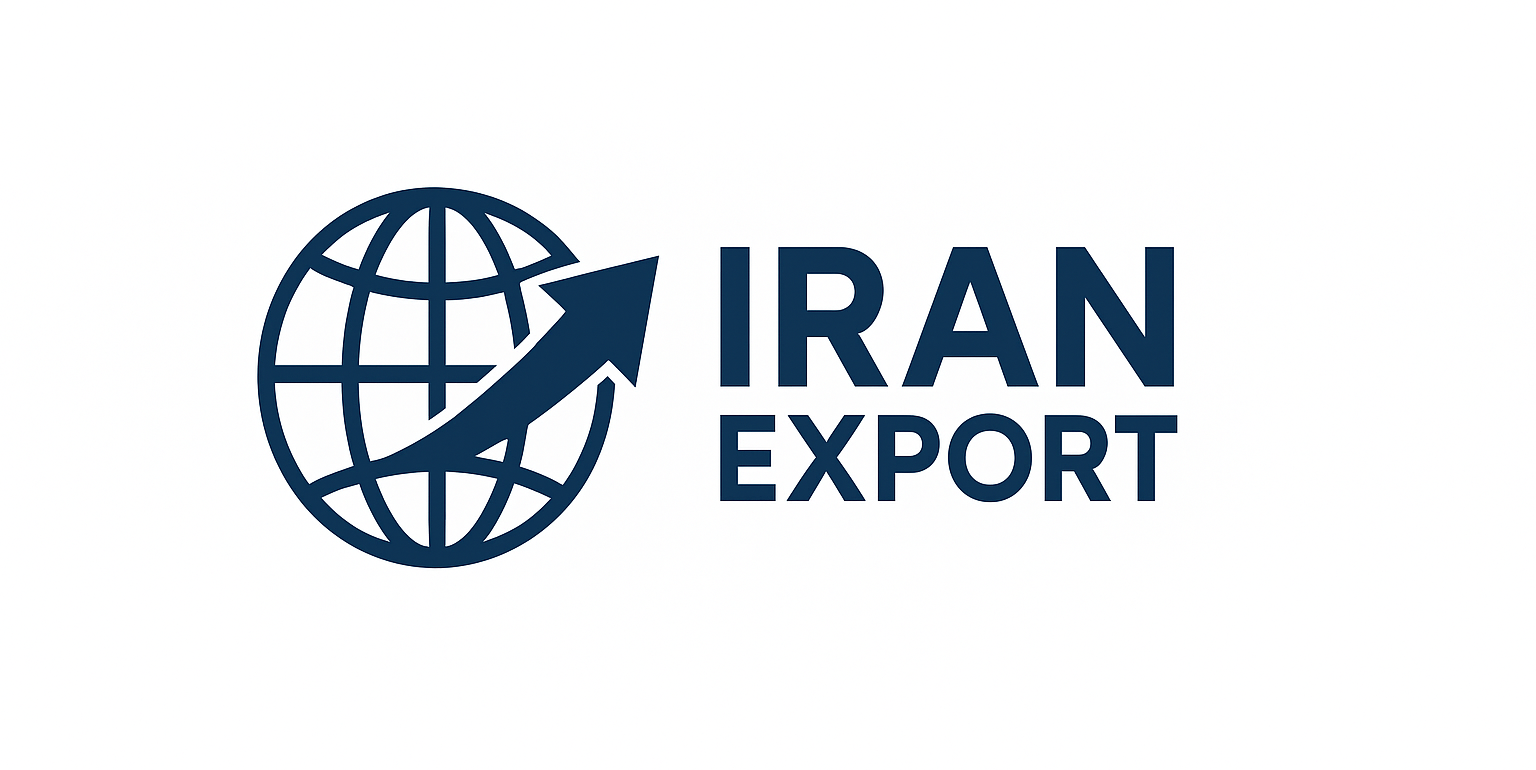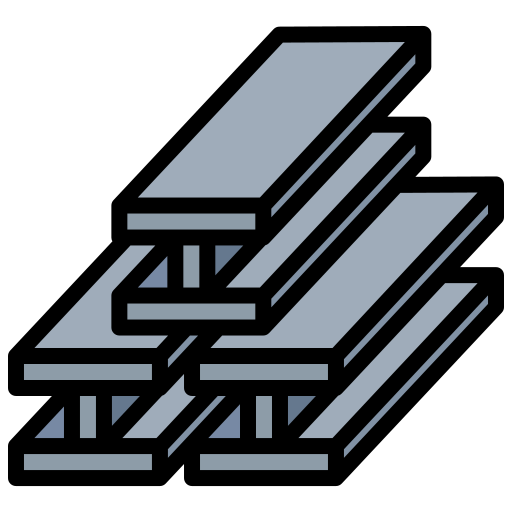Basic and semi-finished metals—such as steel, aluminum, copper, zinc, and lead in the form of ingots, slabs, billets, cathodes, sheets, and profiles—are critical components of Iran’s industrial base and contribute significantly to both the economy and exports.
Iran possesses a relatively complete value chain in basic metal production, from raw material extraction to the manufacturing of ingots and semi-finished products. The use of modern technologies in smelting, continuous casting, hot and cold rolling, and quality control has enabled the production of materials that meet international standards.
This sector plays a major role in Iran’s GDP, employment, and supply of inputs for downstream industries such as automotive, construction, home appliances, and machinery. Producing semi-finished metals rather than exporting raw materials also generates higher added value.
Iran exports a variety of metal products including steel billets and slabs, copper cathodes, aluminum and zinc ingots, and metal sheets to countries in the region, as well as China, India, Turkey, and parts of Europe. These products are well-positioned in global markets due to their acceptable quality and competitive pricing.
Iran’s competitive advantages include vast mineral reserves, low-cost energy, extensive production infrastructure, and a strategic geographic location for trade. Enhancing technology, developing global brands, and complying with environmental and quality standards can further strengthen Iran’s competitiveness in the basic metals sector.


